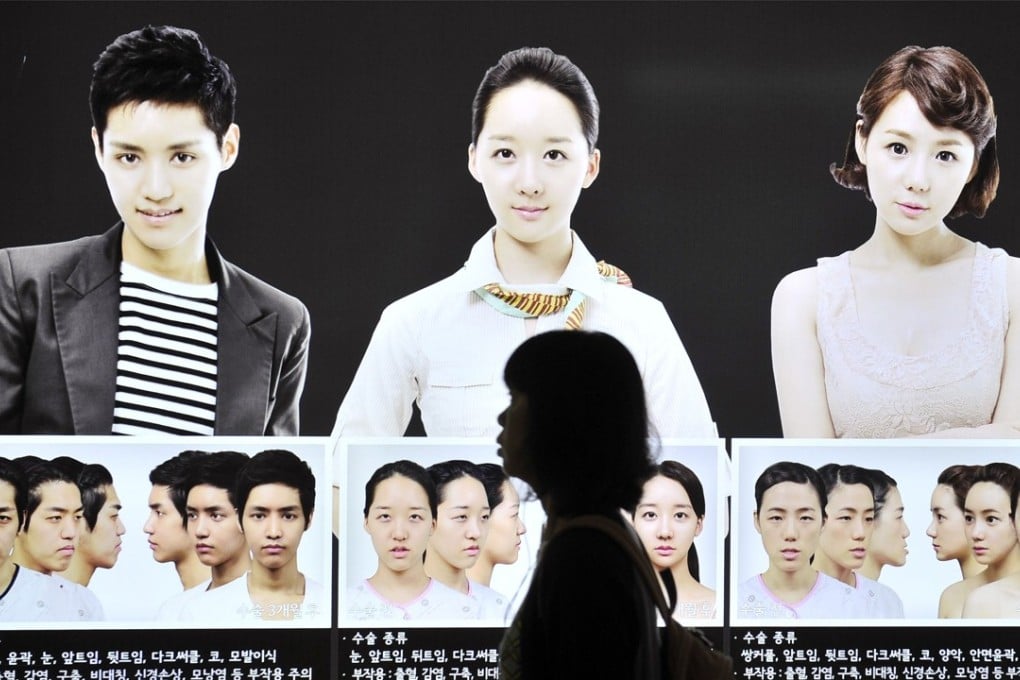Exclusive | This social network is where China’s plastic surgery fans share their nose jobs
Getting a nose job is no longer taboo for many in the younger generation in China, who have grown up on a TV diet of surgically enhanced celebrities.

Mian Duo considers herself to be quite pretty but what she really wanted was to be beautiful like her idols on television. So three years ago, she hopped on a plane to South Korea to have her jaw and cheekbones broken.
For seven hours, Mian laid unconscious on an operating table in Seoul’s upscale Gangnam district while a doctor surgically removed parts of her cheekbone and jaw through incisions in her mouth. The remaining pieces were then pushed to create a “softer facial contour”, fixed in place before the incisions are sutured up. The recovery took six months. Two years later, the former Sichuan Airlines flight attendant – she stands 1.65 metres tall and weighs 41 kilograms – opted for breast implants and went up two sizes to a C cup.
Now 28, Mian looks like an actress in the Korean dramas she likes to watch. Her friends call her a “goddess”.
Inside China’s cosmetic surgery craze
“I wanted to make myself happy, to look like the celebrities on television,” said Mian, who provided a glamour photograph of herself for publication before changing her mind, saying the clinic that operated on her owned the copyright. “The biggest change is that I’m now more confident of myself.”
Mian Duo, who is based in Chengdu, is not her real name, but her handle on the popular Chinese social network SoYoung, which helped arrange the interview. Though she has shared more than 400 photos with her 174,000 followers, she declined to give her birth name so that her family does not find out what she is doing.

I wanted to make myself happy, to look like the celebrities on television. The biggest change is that I’m now more confident of myself
Like Facebook for plastic surgery, SoYoung is the largest of a handful of specialist social networks – Gengmei and Yuemei are two competitors – dedicated to providing a platform on which clinics and doctors can find customers and its 30 million users can find like-minded people to share their experiences.